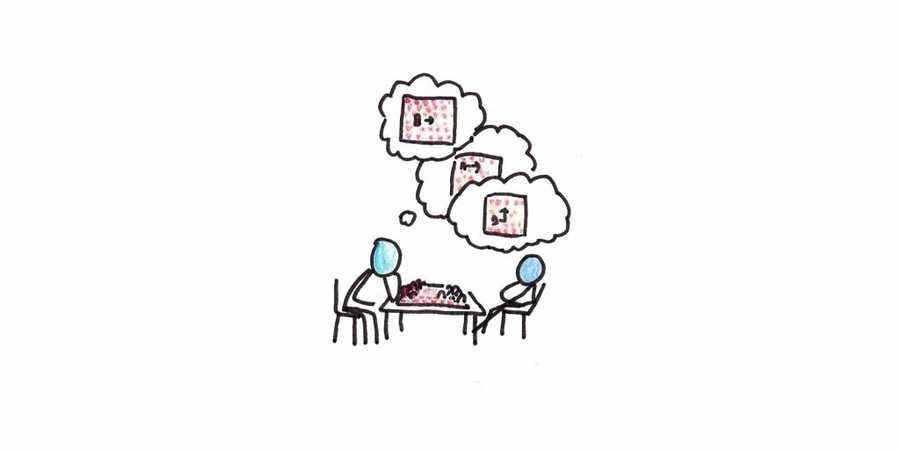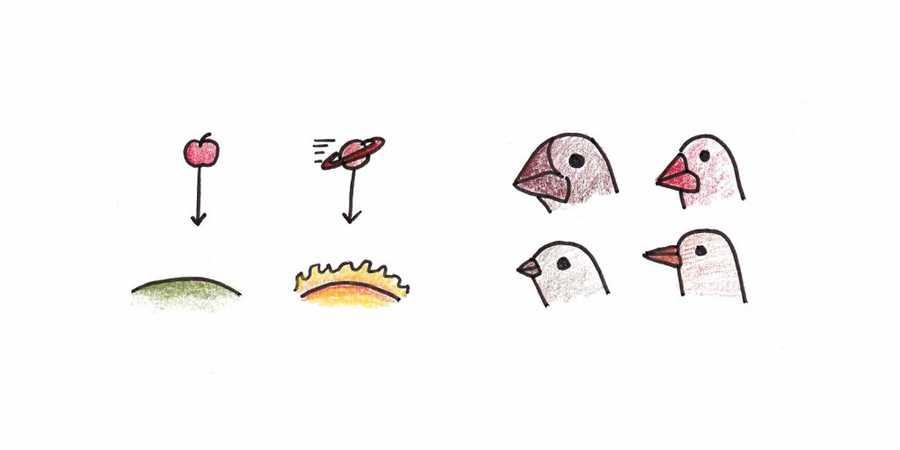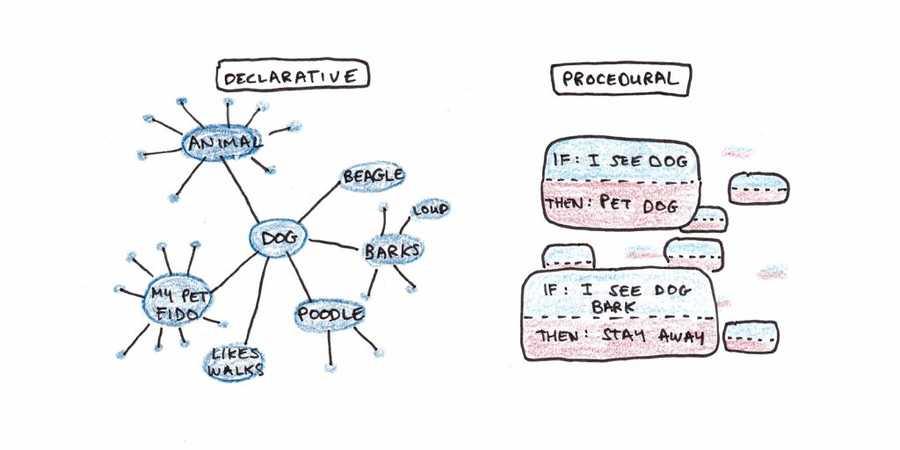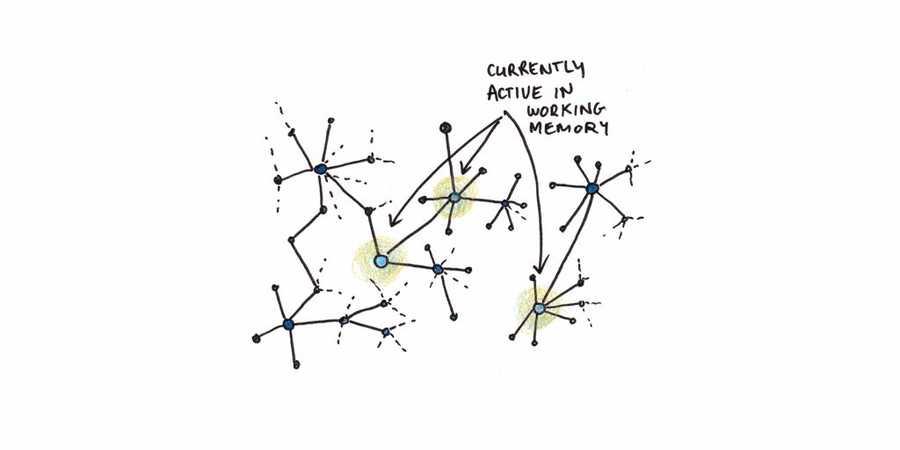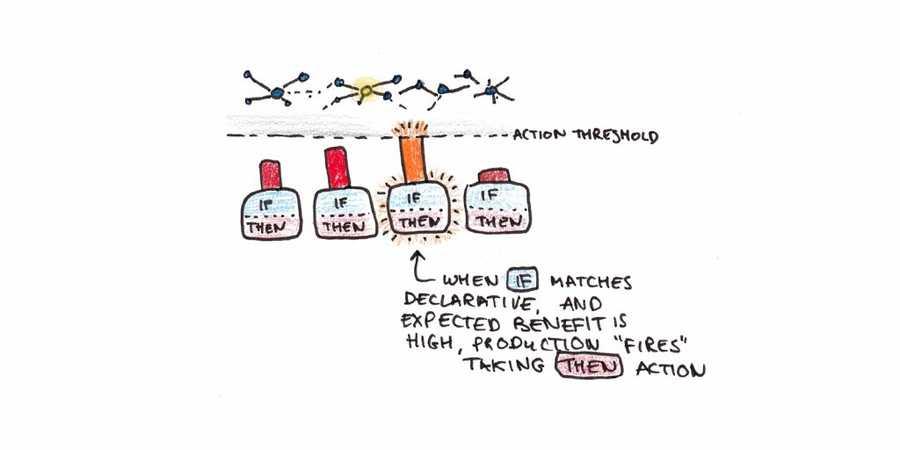How Do We Learn Complex Skills? Understanding ACT-R Theory - Scott H Young
Curated from: scotthyoung.com
Ideas, facts & insights covering these topics:
13 ideas
·9.88K reads
47
1
Explore the World's Best Ideas
Join today and uncover 100+ curated journeys from 50+ topics. Unlock access to our mobile app with extensive features.
This Is Where ACT-R Theory Comes In:
How do we learn to perform complex skills like programming, physics, or piloting a plane? What changes in our brain allow us to perform these skills?
These are hard questions. Most experiments only attempt to address narrow slices of the problem.
This is what makes John Anderson’s ACT-R theory so ambitious. It’s an attempt to synthesize a huge amount of work in psychology to form a broad picture of how we learn complicated skills.
273
1.64K reads
A Note on Scientific Paradigms
All scientific theories are built on paradigms .A paradigm is an example that you take as central for describing a phenomenon.
Newton had falling apples and orbiting planets. Obviously, Newton didn’t restrict his theory to tumbling fruit. Yet, these were the examples they used to lay the foundations for their broader theories.
Theories of the mind aren’t like this. Nobody believes we’ve found some unified theory that fully explains how the mind works. Yet we know a lot more than nothing.
260
1.06K reads
ACT-R Basics: Declarative and Procedural Memory Systems
ACT-R argues that we have two different memory systems: declarative and procedural.
- The declarative system includes all your memories of events, facts, ideas and experiences. Everything you consciously experience is part of this system.
The procedural system consists of everything you can do.
277
1.12K reads
Complex Skills
ACT-R explains complex skills as an ongoing interaction between these two systems.
- The declarative system represents the outside world, your inner thoughts and intentions.
- The procedural system acts on those representations to make overt actions or internal adjustments that move you closer to your goals.
266
1.03K reads
Why Two Systems?
Why two separate systems? A single system would be simpler. But there’s an impressive range of evidence arguing that these systems are distinct in the brain:
- Amnesiacs can learn through the procedural system, but not the declarative system .
- Procedural memory is unidirectional . This is why saying the alphabet forward is so much easier than saying it backward.
- Declarative memory shows fan effects .
- Neuroscientific studies suggest different locations for the two systems .
261
772 reads
The Declarative System
The basic unit of declarative memory is the chunk. This is a structure that binds approximately three pieces of information.
The idea is that, through experience, we connect these chunks into elaborate networks. We can then traverse these networks to get information as we need it.
261
752 reads
Awareness And Memory
The declarative memory structure is vast, but only a few chunks are active at any one time.
This reflects the distinction between conscious awareness and memory. When we need to remember something, we search through the network.
- For practiced memories, this is relatively easy as most related ideas will only be a step or two away.
- For new ideas, this is much harder since they’re less well integrated into our other knowledge and therefore require more effortful search processes
258
560 reads
Activating The Nodes
How do nodes get activated?
- First, you perceive things from the outside world that automatically activate nodes in memory .
- Second, you can rehearse things internally to maintain them in memory
- Third, nodes can activate connected nodes. This is what happens when one thought leads to another.
The declarative system, with its vast hidden network of long-term memory and briefly active nodes corresponding to our conscious awareness is impressive. But, according to ACT-R, it’s also inert. Something else must transform it into action. That’s where the procedural system comes in.
263
486 reads
The Procedural System
The basic unit of the procedural system is the production. This is an IF -> THEN pattern.
Think of productions like the atomic thinking steps involved in solving a problem.
Unlike the sprawling, interlinked declarative memory, productions are modular. Each one acts as an isolated unit that is learned and strengthened independently. Solving complex problems involves more productions than simple puzzles, but the basic ingredients are the same.
258
462 reads
How ACT-R Claims You Solve Problems
- You form a representation of the problem in your declarative system . .
- Productions compete with each other based on this current representation .
- As each production is executed, it changes your present state .
- The process repeats itself until the problem is solved .
263
527 reads
How Do We Acquire Skills?
In the ACT-R theory, learning skills is thought to be a process of acquiring and strengthening productions.
Initially, productions are learned via analogy. We search our long-term declarative memories for a similar problem. Then we try to match this to our current representation of the problem. When we have a match, we create a production.
254
519 reads
Why Learning Complex Skills Take Time
ACT-R argues that we don’t learn by explicit instruction, only by example.
When we appear to learn via instruction, we first generate an example based on the instruction and then use this example to create a new production.
Once created, productions are strengthened through use. Every time a production is used to solve a problem, it becomes more likely to be chosen again in similar circumstances. The strengthening process is incredibly slow.
This is why it can take so much practice to be good at complicated skills.
262
457 reads
Implications of ACT-R
There are a few general implications we can tease out:
- Most skills will be highly specific . A microscopic analysis of any two skills should, in principle, tell us how much transfer is possible.
- Transfer should look smaller on tests of problem solving than on tests of future learning . To solve a problem you need all of the productions.
- Practice makes perfect, but many types of practice can be wasteful . Anderson favors intelligent tutoring systems that immediately correct students when they make a mistake.
- Complicated skills have simple learning mechanisms .
261
471 reads
IDEAS CURATED BY
CURATOR'S NOTE
This article gives a holistic view on ACT - R theory and how do we learn complex skills. ✓
“
Kokhulash MS's ideas are part of this journey:
Learn more about personaldevelopment with this collection
How to beat procrastination
How to enhance your creative thinking
How to create a smooth transition in a new endeavor
Related collections
Similar ideas
8 ideas
8 ideas
How Much Transfer Should We Expect Between Skills?
scotthyoung.com
4 ideas
The Science Behind Building General Skills | Scott H Young
scotthyoung.com
Read & Learn
20x Faster
without
deepstash
with
deepstash
with
deepstash
Personalized microlearning
—
100+ Learning Journeys
—
Access to 200,000+ ideas
—
Access to the mobile app
—
Unlimited idea saving
—
—
Unlimited history
—
—
Unlimited listening to ideas
—
—
Downloading & offline access
—
—
Supercharge your mind with one idea per day
Enter your email and spend 1 minute every day to learn something new.
I agree to receive email updates

